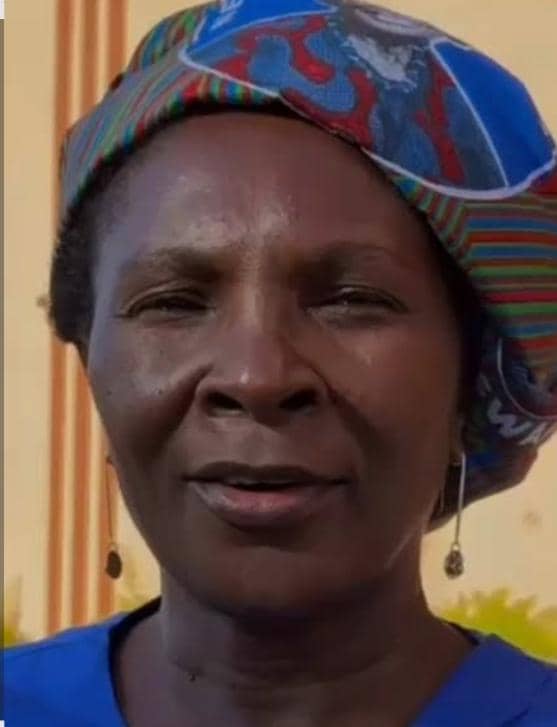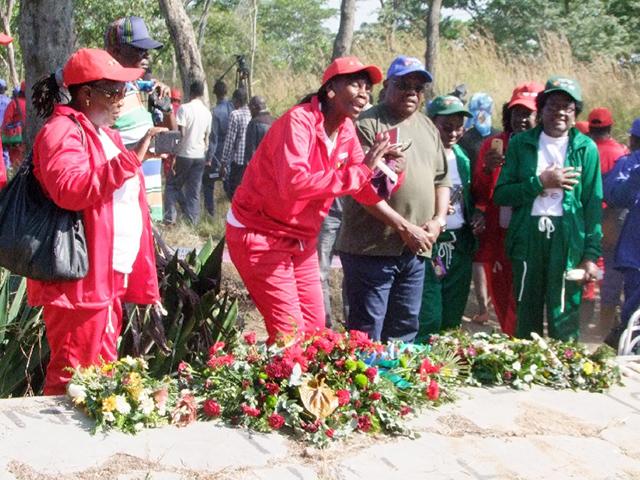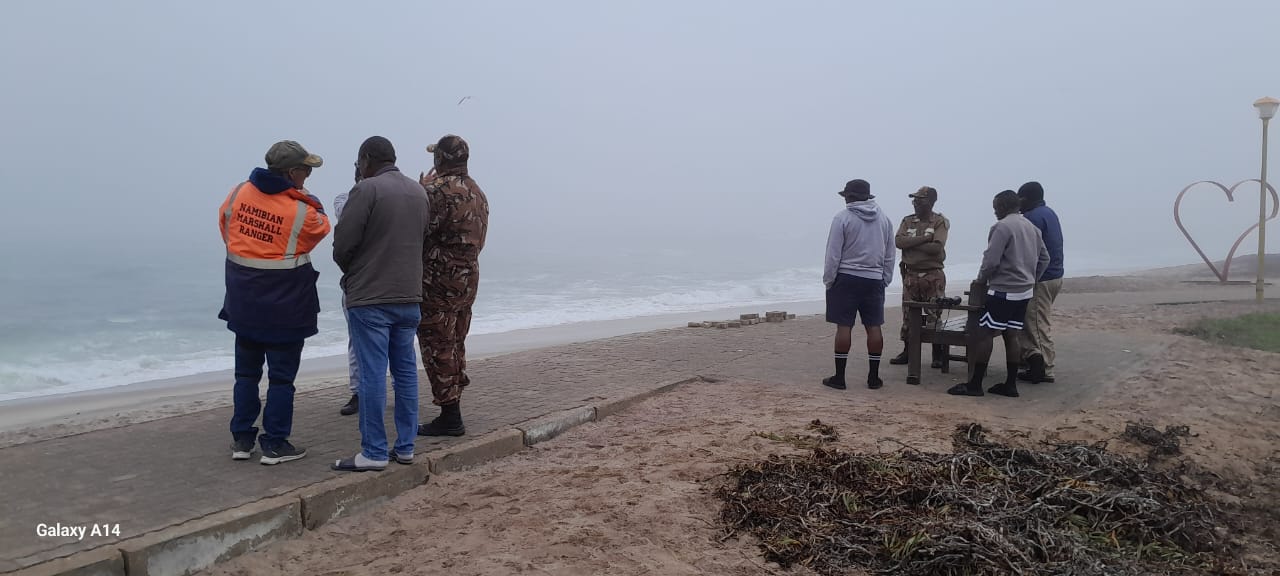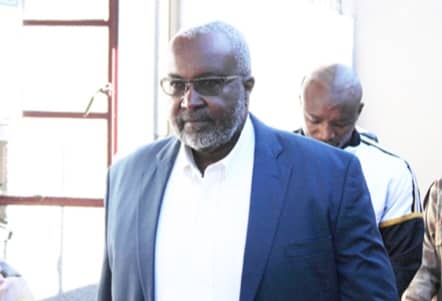KFAR MAIMON – Tens of thousands of opponents of the Israeli government’s plan to pull out of the Gaza Strip were being held back from marching on the territory by a mass of police and soldiers yesterday.
With the police placed on a maximum state of alert for the first time since the start of the war in Iraq more than two years ago, security forces were under strict instructions to prevent protestors from reaching the Kissufim border crossing and forcing their way into the Jewish settlements. The mass protest represents one of the last shows of strength by opponents of next month’s pullout from Gaza and four small West Bank settlements, a plan which has overcome all parliamentary and legal hurdles.Public access to the 21 Gaza settlements was sealed off last week, infuriating the organisers of the mass protest and leading to accusations that Prime Minister Ariel Sharon was acting like a dictator.Organisers of the protest estimated that around 50 000 supporters had assembled at the small town of Kfar Maimon overnight ahead of a march on Kissufim although police at the scene put the number at no more than 20 000.Most of the protestors spent the night camped out in a giant car park, where the atmosphere was largely jovial.The red alert status, however, reflected fears that events could spiral out of control.At one point, dozens of settlers surrounded several border police jeeps and urged the occupants to refuse to obey orders.They danced around the vehicles and tied orange ribbons to them, the colour that has come to symbolise the campaign against the evacuation from Gaza.Gideon Ezra, the minister for internal security, said there was no question of reversing the decision not to allow the protestors into Gaza.”The issue that most concerns us, is that we see to it that no one will reach (the main Gaza settlement bloc) Gush Katif.That is the goal,” he told army radio.Pinhas Wallerstein, one of the main settler leaders, countered that the authorities would not be able to prevent people from entering the territory.The ultra-nationalist MP, Uri Ariel, filed a petition at the supreme court to protest the decision to deploy soldiers as well as police in the stand-off with the demonstrators at Kfar Maimon.The government was criticised across the political spectrum for keeping away many of the protestors who had planned to take part in the first day of the three-day rally on Monday, turning buses back at roadblocks.- Nampa-AFPThe mass protest represents one of the last shows of strength by opponents of next month’s pullout from Gaza and four small West Bank settlements, a plan which has overcome all parliamentary and legal hurdles.Public access to the 21 Gaza settlements was sealed off last week, infuriating the organisers of the mass protest and leading to accusations that Prime Minister Ariel Sharon was acting like a dictator.Organisers of the protest estimated that around 50 000 supporters had assembled at the small town of Kfar Maimon overnight ahead of a march on Kissufim although police at the scene put the number at no more than 20 000.Most of the protestors spent the night camped out in a giant car park, where the atmosphere was largely jovial.The red alert status, however, reflected fears that events could spiral out of control.At one point, dozens of settlers surrounded several border police jeeps and urged the occupants to refuse to obey orders.They danced around the vehicles and tied orange ribbons to them, the colour that has come to symbolise the campaign against the evacuation from Gaza.Gideon Ezra, the minister for internal security, said there was no question of reversing the decision not to allow the protestors into Gaza.”The issue that most concerns us, is that we see to it that no one will reach (the main Gaza settlement bloc) Gush Katif.That is the goal,” he told army radio. Pinhas Wallerstein, one of the main settler leaders, countered that the authorities would not be able to prevent people from entering the territory.The ultra-nationalist MP, Uri Ariel, filed a petition at the supreme court to protest the decision to deploy soldiers as well as police in the stand-off with the demonstrators at Kfar Maimon.The government was criticised across the political spectrum for keeping away many of the protestors who had planned to take part in the first day of the three-day rally on Monday, turning buses back at roadblocks.- Nampa-AFP
Stay informed with The Namibian – your source for credible journalism. Get in-depth reporting and opinions for
only N$85 a month. Invest in journalism, invest in democracy –
Subscribe Now!










